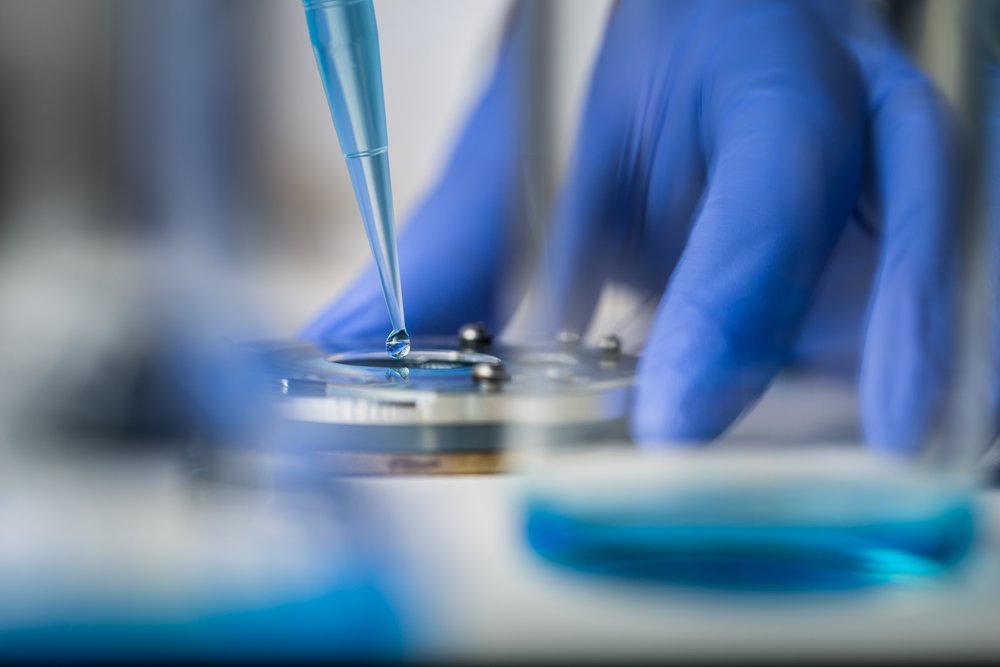Presenting Health Incubator Helsinki batch 2 companies:
How do you help doctors make better, more informed decisions in the treatment of cancer? Helsinki-based digital health startup Evexia has come up with a solution that provides an easy way for patients to gather data that supports doctors in making the right call. The company, rooted in hard science, is one of the promising health startups selected for the Health Incubator Helsinki program that started in the spring of 2021.
Evexia’s Co-founder Otto Laitinen believes that by harnessing data, cancer treatment can be developed tremendously.“There’s a lot we can achieve in this regard – and our smart software is aimed at solving some core problems in the field,” Laitinen says.Laitinen explains that, presently, cancer treatment revolves around the ECOG grade – given to every patient – which practically measures the performance status of the patient. ECOG is used to understand, what type of treatment the patient can withstand.“However, studies show that there are three main problems with it: subjectivity, recall bias and the static nature of the grading itself,” Laitinen comments.The problem involving subjectivity is that the ECOG grade is often decided by only one doctor – while research shows that doctors often don’t agree on the score.Recall bias means that patients are prone to human error when trying to remember their past symptoms and activity, which makes the doctor’s job that much harder. Performance status (PS) assessment, on the other hand, remains rather static as the score is captured only during clinical visits. As a patient’s PS is dynamic throughout treatment, it can change daily – and clinical visits can hardly tell the whole story.
We’ve been fortunate enough to work together with HUS Helsinki University Hospital to develop our solution and the expectations for the future are high.
Otto Laitinen, Evexia’s Co-founder
Harnessing data via a patient-oriented software
So what to do then? – Team Evexia believes that having an app that the patients can use to gather the key data for the doctor will do the trick.“We wanted to make patient-oriented software that’s easy to use as a mobile application,” Laitinen says. “The way our app works, the patient should actively use it once a day, for a period of less than five minutes,” he describes the application that is still being developed further on.“Moving forward, we aim to utilise the smartphone sensors more comprehensively to gather even more data.”Medical staff gets to utilise the “Doctor dashboard” where algorithms process the data to form an ECOG grade recommendation for the doctor.“The analysed data allows the doctors to assess also their own judgement, which reduces bias in the ECOG grading process,” Laitinen points out.
Hackathon connected with HUS Helsinki University Hospital
Evexia was founded in January 2020 after an idea formed in a hackathon grew “simply too large” to be only a concept.“We participated in Hack the Skin Cancer Ultrahack in the summer of 2019 and got to collaborate with HUS Helsinki University Hospital for the first time,” Laitinen looks back.Being a group of tech-oriented students from Aalto University and the University of Helsinki, with a confessed penchant for making the world a better place, they decided to move forward with their idea.“We have a multidisciplinary team that is eager to learn and grow together,” Laitinen sums up.
Fast Facts
Name: EvexiaProduct: Smart, patient-oriented software to gather relevant data for the doctorFounded: 2020Team size: 5Target customer/market: Doctors treating cancer, cancer patients
First pilot ahead in a hospital environment
In 2021, Evexia wants to launch its first pilot in a hospital environment in pursuit of all-important clinical validation.“We’ve been fortunate enough to work together with HUS Helsinki University Hospital to develop our solution and the expectations for the future are high,” Laitinen says, adding that everything the company does is rooted on hard science.Equally thrilling is participation in the Health Incubator Helsinki program that started in April 2021:“The program is very industry-specific, with great context awareness all around,” Laitinen says.Check out all the companies in the Health Incubator Helsinki programText: Sami J. Anteroinen
By Health Capital Helsinki




